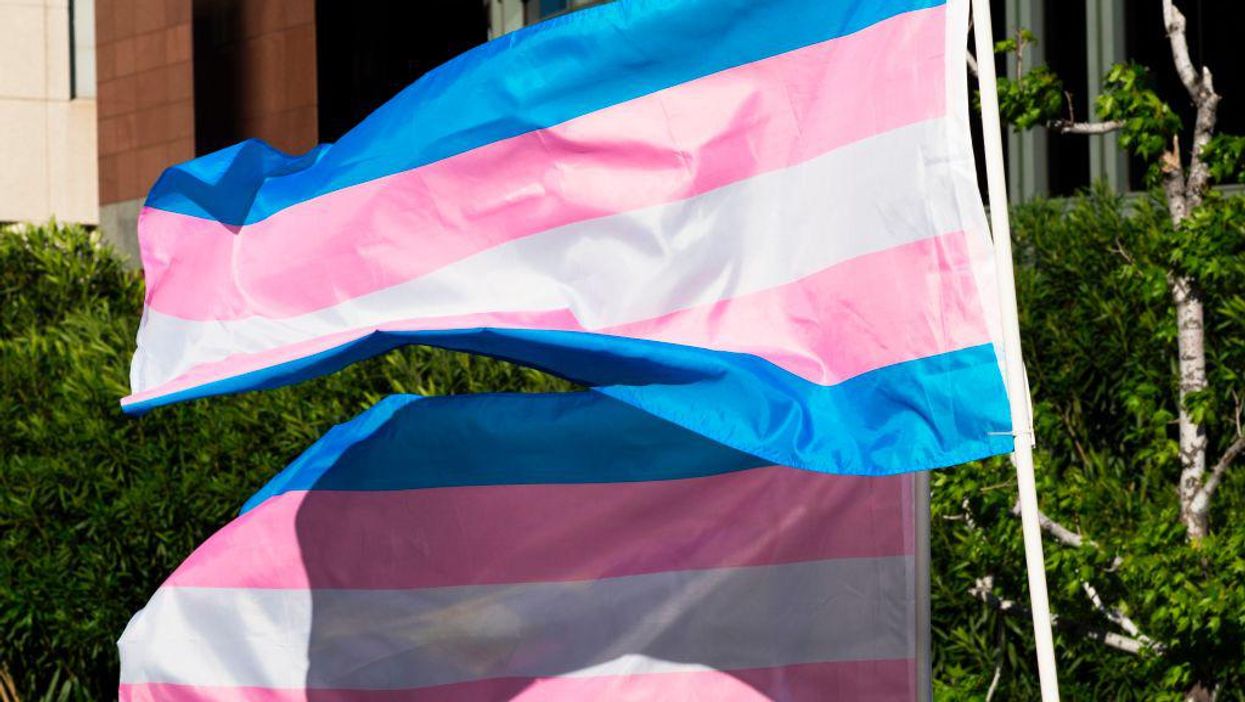
ROBYN BECK/AFP via Getty Images

The International Rugby League has announced that transgender women will not be allowed to play in international rugby league competitions, for now.
The IRL says the ban will be in place while the issue is examined and a policy is developed.
"Until further research is completed to enable the IRL to implement a formal transgender inclusion policy, male-to-female (transwomen) players are unable to play in sanctioned women’s international rugby league matches," the announcement noted.
"It is the IRL’s responsibility to balance the individual’s right to participate - a long-standing principle of rugby league and at its heart from the day it was established - against perceived risk to other participants, and to ensure all are given a fair hearing," the statement said.
"The IRL will continue to work towards developing a set of criteria, based on best possible evidence, which fairly balance the individual’s right to play with the safety of all participants," the statement noted. "To help achieve this, the IRL will seek to work with the eight Women’s Rugby League World Cup 2021 finalists to obtain data to inform a future transwomen inclusion policy in 2023, which takes into consideration the unique characteristics of rugby league."
Debate continues to swirl globally about whether biological males who identify as women should be allowed to compete in women's sports.
FINA, an entity related to swimming and other water sports, has banned biological men from competing against women unless they meet certain criteria.
Male athletes who wish to compete against women must prove that "They have complete androgen insensitivity and therefore could not experience male puberty," or that "They are androgen sensitive but had male puberty suppressed beginning at Tanner Stage 2 or before age 12, whichever is later, and they have since continuously maintained their testosterone levels in serum (or plasma) below 2.5 nmol/L," according to the policy.